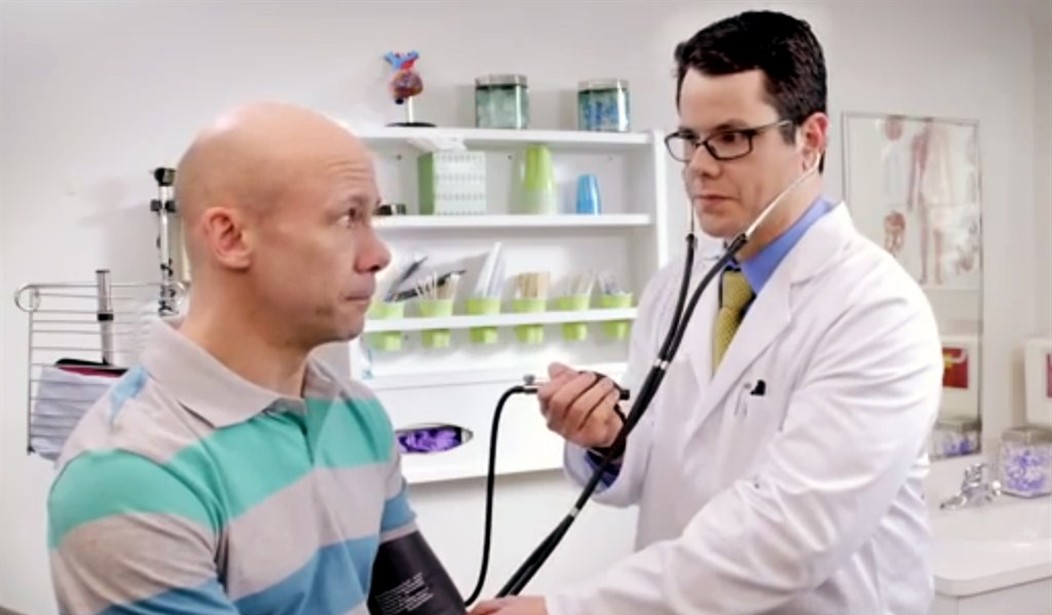Last year Connecticut state senator Ed Meyer introduced a bill to create “physician-assisted suicide.” It failed, but this year he and state representative Elizabeth Ritter are trying again.
H.B. 5326 would permit a competent person who is suffering from a terminal illness to “request aid in dying” through administration of prescribed medication. The bill is an affront to human life generally, but especially to elder or infirm adults and disabled individuals. For Connecticut citizens who respect life, it is unconscionable.
The bill’s proponents say that assisted suicide is the compassionate answer. But an article in The New York Times summarized that based on numerous studies of patients with severe and in many cases terminal illness, the reason for assisted suicide is rarely pain, or even fear of pain. Patients have reported that their reason for killing themselves is “depression, hopelessness and fear of loss of autonomy and control. … In this light, physician-assisted suicide looks less like a good death in the face of unremitting pain and more like plain old suicide.” The Times poignantly adds, “Typically, our response [to this] is not to give people the means to end their lives but to offer them counseling and caring.”
Supporters of H.B. 5326 contend that it is not open to abuse because it applies only to “a competent person.” But the “assisted” part of “assisted suicide” necessitates the involvement of a second party: a doctor to prescribe lethal drugs to the person killing himself or herself. And that opens the door for people, especially those who depend on others in some way and are most in need of our care and protection, to be influenced toward death.
Recommended
Moreover, for people who’ve already made up their own minds about dying, this kind of legislation has proven to lead to “physician shopping”—where someone who wants to die goes from doctor to doctor until he or she finds a physician who will prescribe the lethal cocktail of meds.
And assisted suicide legislation also lends itself to sloppiness on the part of doctors—a patient whom you help kill is not going to be alive to complain about informed consent, pain, or any of the other problems that often arise.
These real-world problems are made even worse by the fact that the supposedly lethal doses administered for suicide are not always sufficient for the task. This has been documented in countries where doctor-prescribed death has been allowable for some time. The Times article lists some of the ways an assisted suicide can “go wrong”:
Patients vomit up the pills they take. They don’t take enough pills. They wake up instead of dying. Patients in [a study from the Netherlands] vomited up their medications in 7 percent of cases; in 15 percent of cases, patients either did not die or took a very long time to die — hours, even days; in 18 percent, doctors had to intervene to administer a lethal medication themselves, converting a physician-assisted suicide into euthanasia.
Last year, a column in the Hartford Courant asked, “To what fate are we subjecting the weakest of Connecticut citizens when well-intentioned advocates portray drugs as an easy street to ending difficulty and pain?”
And the Times article noted that the people who actually commit suicide with the help of a doctor are most often
…well-off, well-educated people, typically suffering from cancer, who are used to controlling everything in their lives — the top 0.2 percent. And who are the people most likely to be abused if assisted suicide is legalized? The poor, poorly educated, dying patients who pose a burden to their relatives.
Doctors are supposed to guard life: “first, do no harm.” They are trained to lift their patients to a better life, not push them to an early grave.
When we abandon these positions, and allow practicing doctors to play the role of grim reaper, the weakest among us are sure to suffer. At stake are the lives of innocent human beings who do not deserve to be subjected to what may well be an excruciating death. Suffering patients need understanding, counseling, and sound medical treatment, not encouragement to kill themselves and free up another hospital bed.

























Join the conversation as a VIP Member